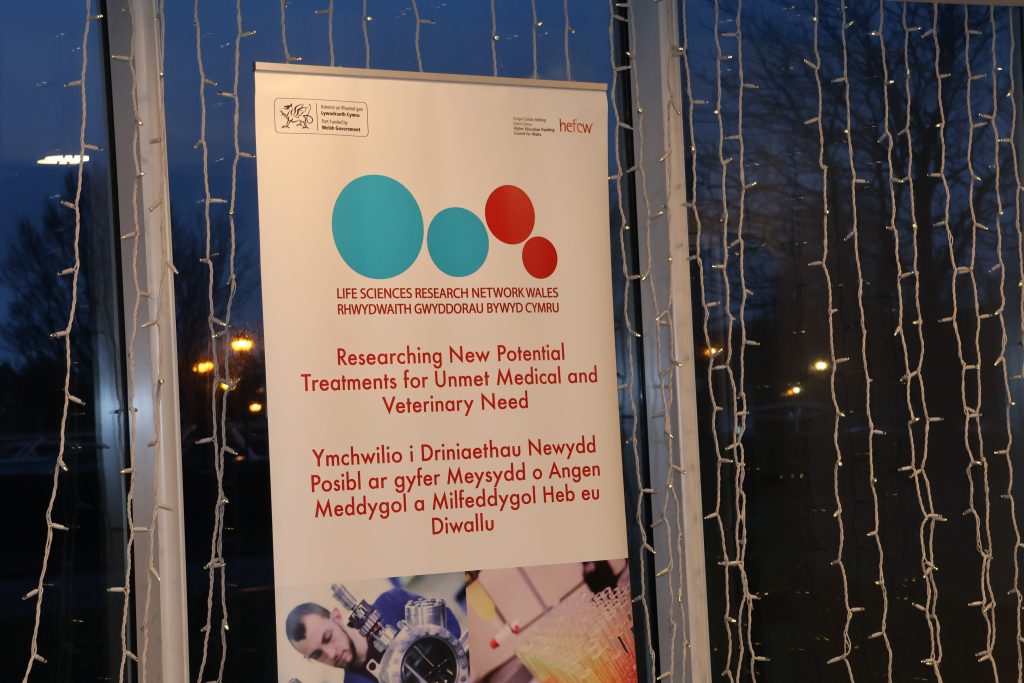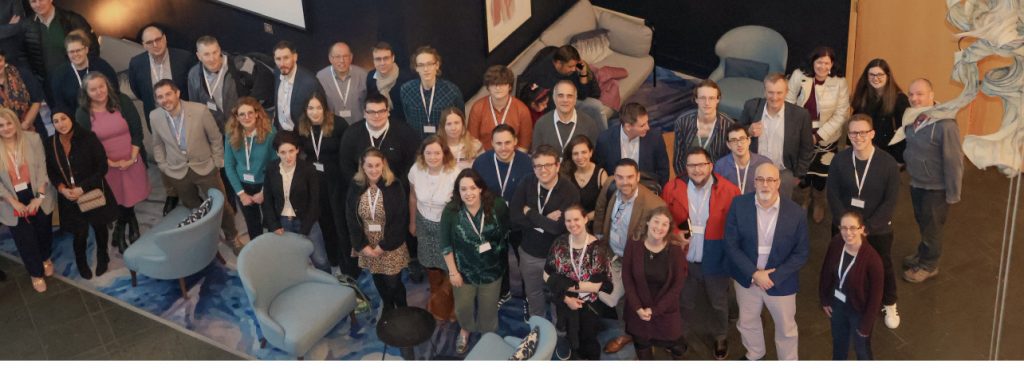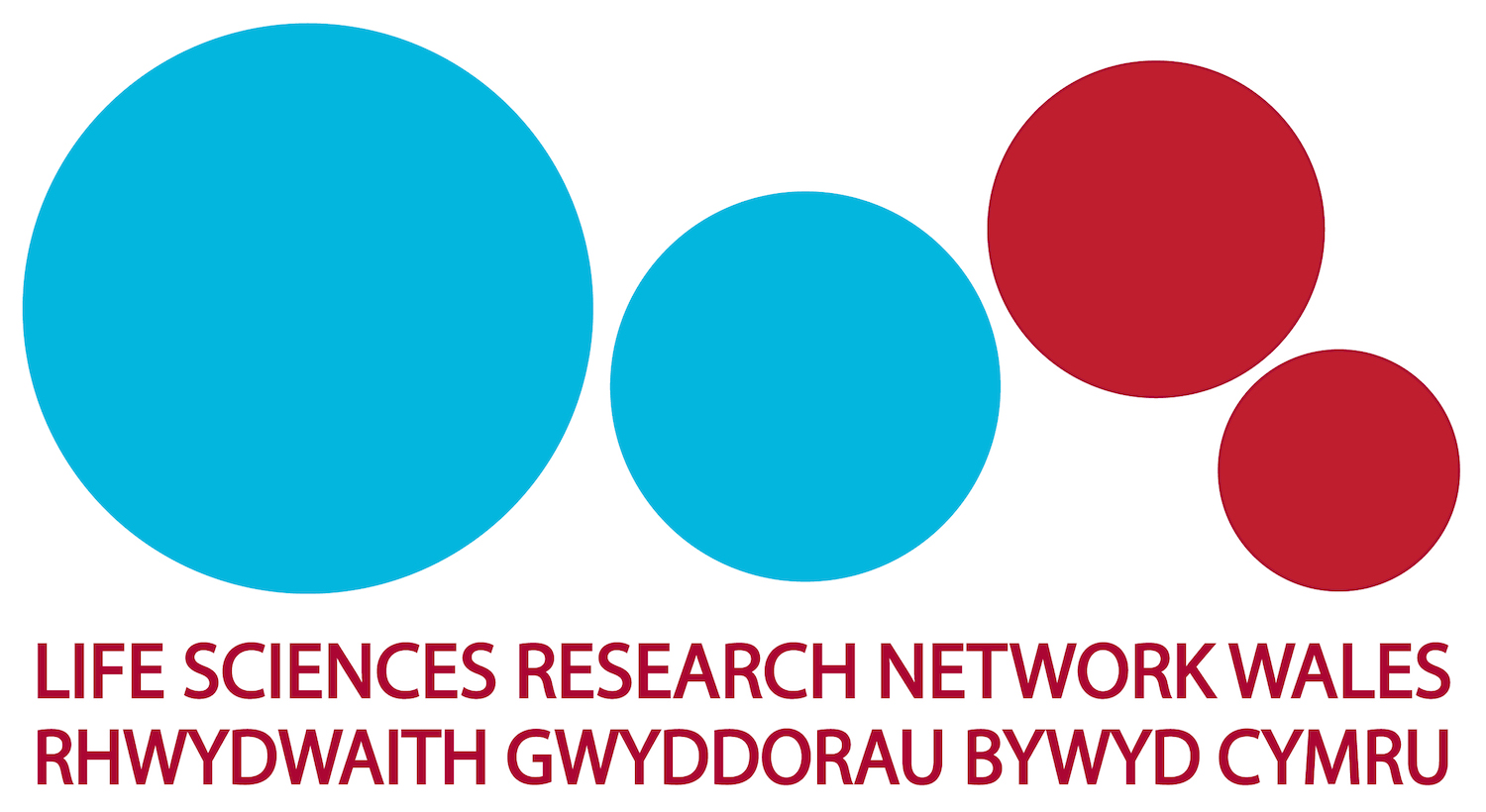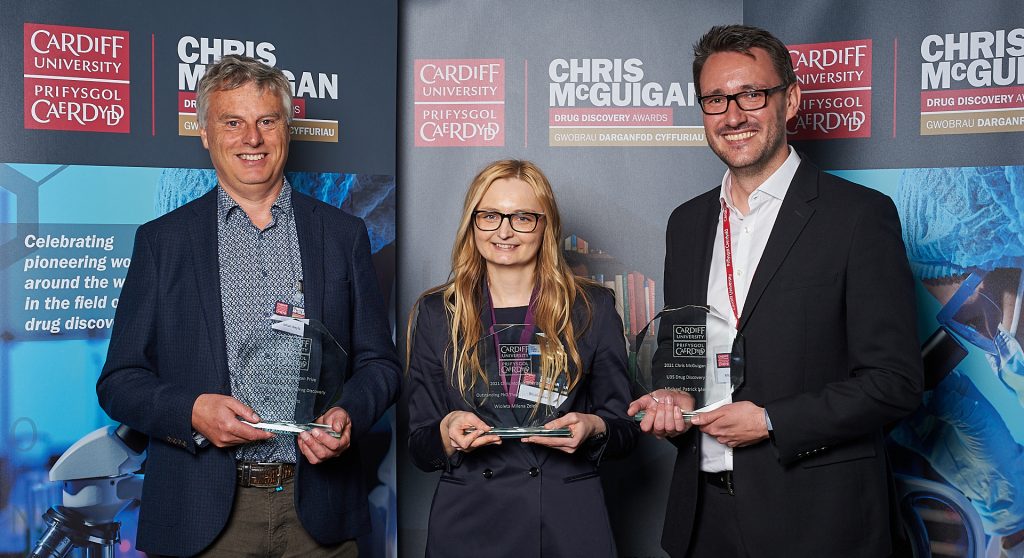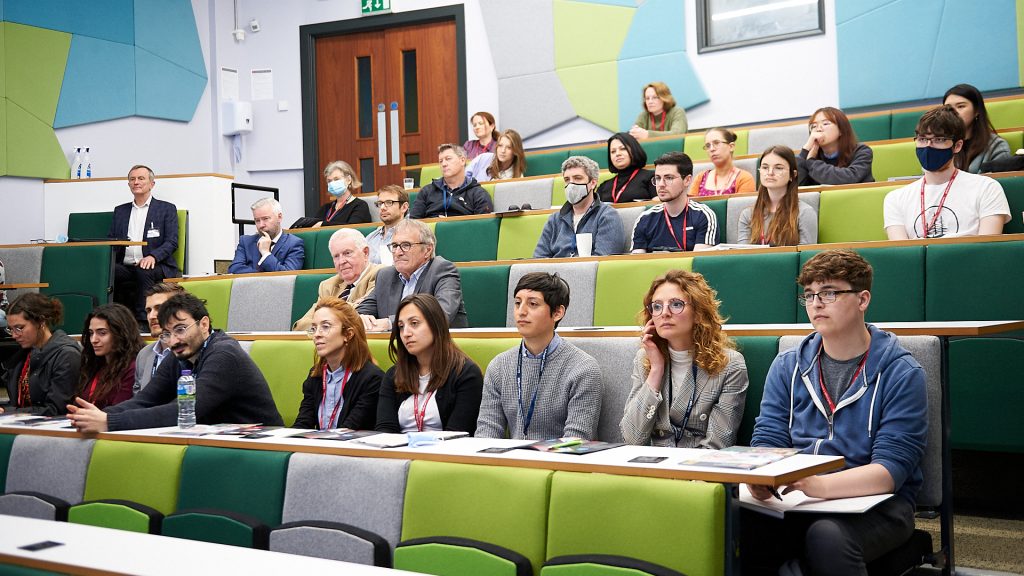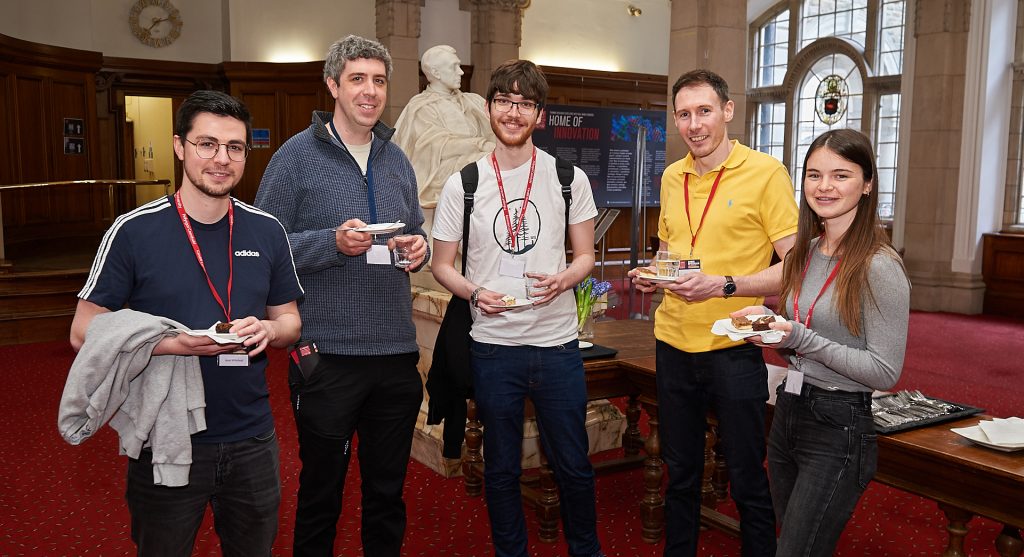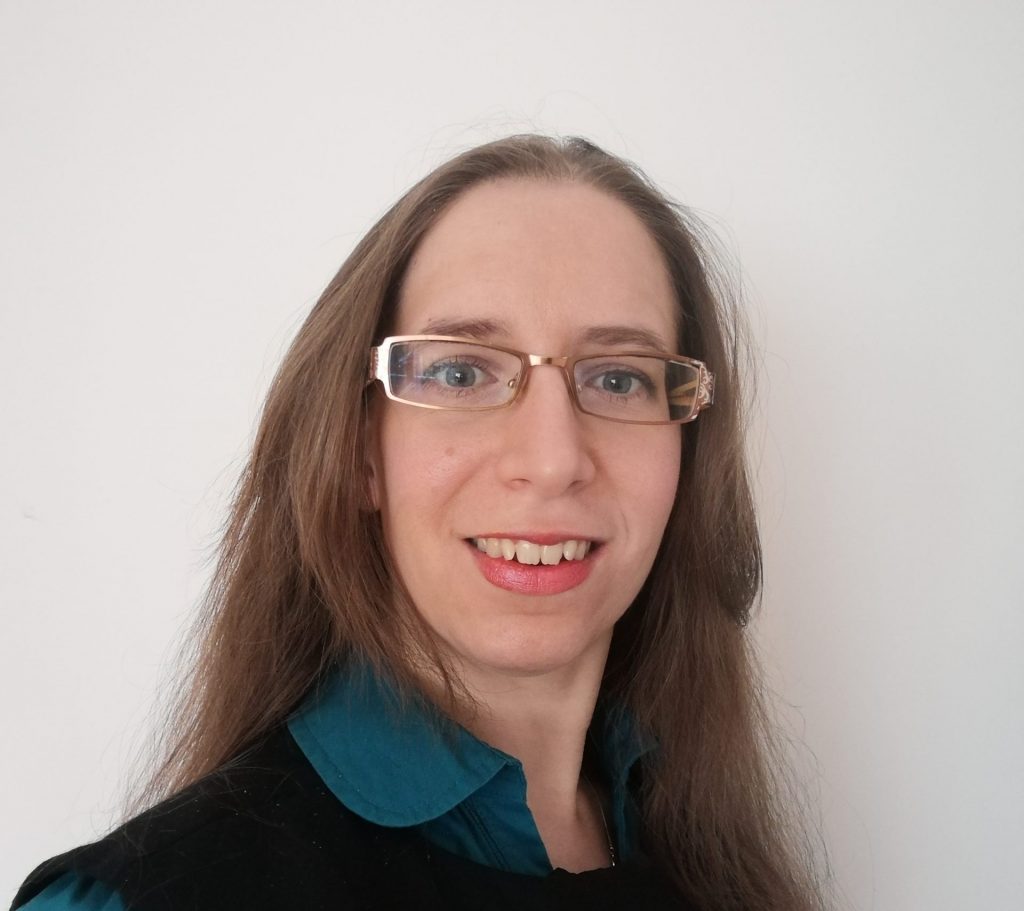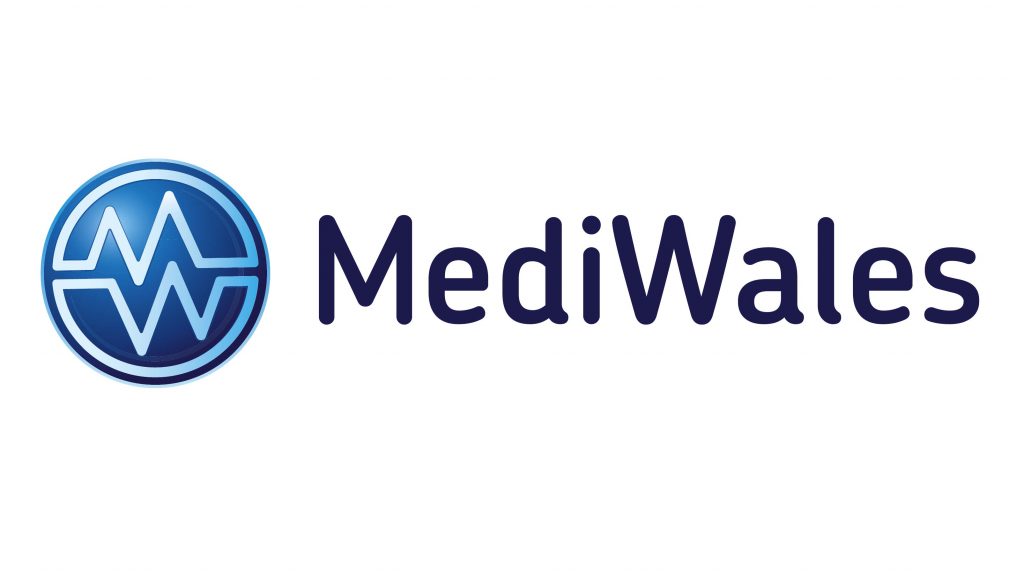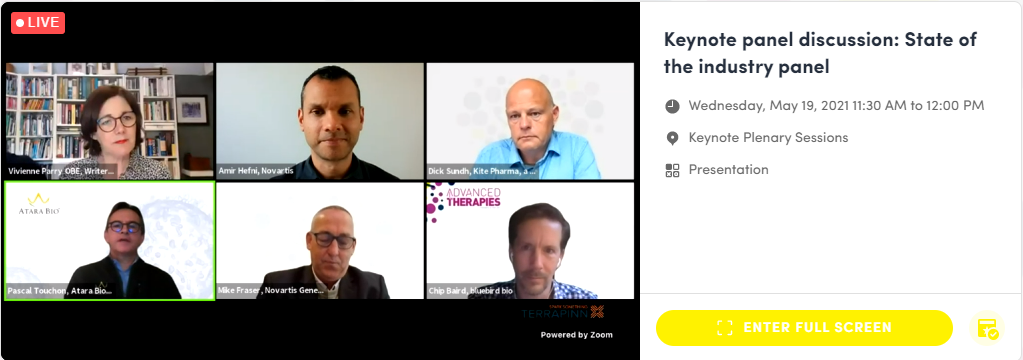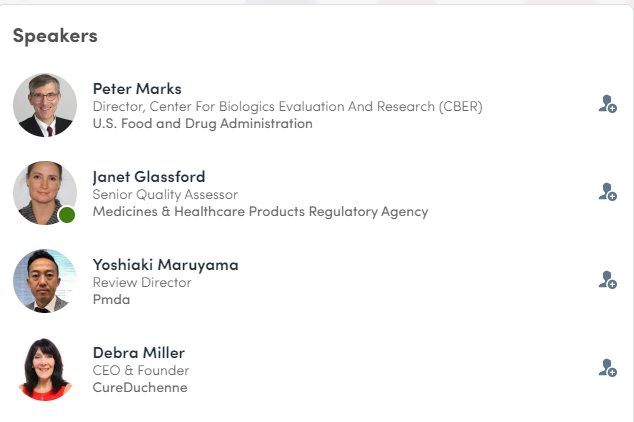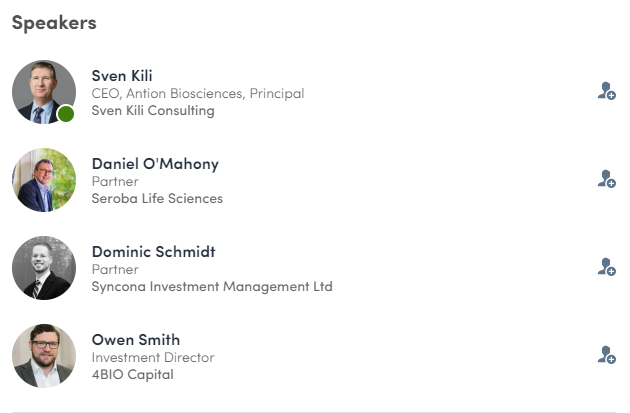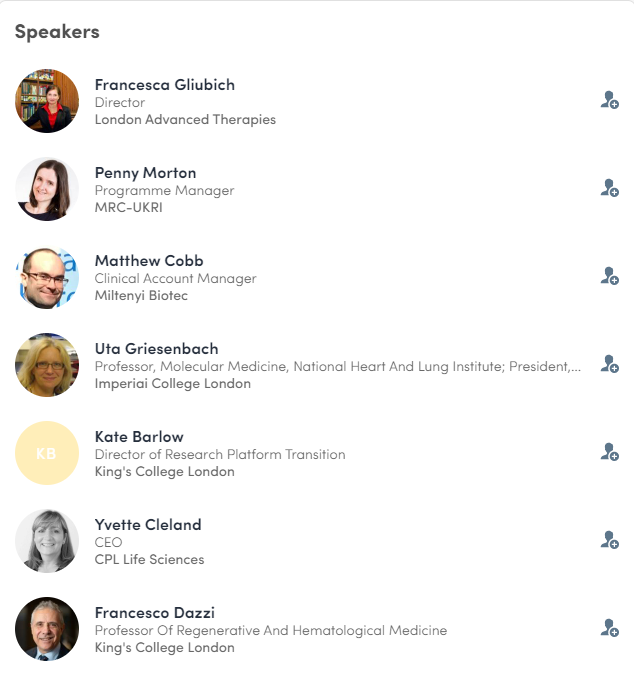LSRNW CONGRESS 2023 “CONNECT”
The power of connection is immense, especially in scientific research. Hand to hand, we can achieve the impossible. During the LSRNW congress (16th and 17th February), we experienced the power of connection. Connection fosters collaboration, by allowing researchers to share their unique findings and knowledge to stay forefront of the recent developments in their areas. It is crucial to have such meetings to allow this networking to happen on a regular basis to put Wales on the science map and help our researchers to acquire the latest updates and find transformative solutions for the big challenges that we are facing now like cancer, neuro-degenerative diseases, bacterial resistance and epidemic viral infections.
We had various presentations from different speakers who came to Cardiff from Universities across Wales to share their research work and latest findings. Day one was started by Prof. Karl Hoffman (Aberystwyth University) and Prof. Cathy Thornton (Swansea University) by speaking about how the network helped in building research collaboration across Wales. Later, Prof. Andrea Brancale (UCT Prague University) introduced us to phase-1 achievements and the McGuigan legacy in LSRNW. Additionally, Diagnostics and Therapeutics for unmet medical needs and the future perspective in Wales was presented by Prof. Andrew Westwell (LSRNW director, Cardiff University).
Prof. Ramsay Mcfarlane (Bangor University) shared the story of establishing Ceridwen Oncology. He gave insights into the therapeutic commercialisation journey within Wales and its impact on cancer challenges.
“Development of Systemically Targetable Precision Virotherapy” was presented later by Prof. Alan Parker (Cardiff University), and how he and his team were able to develop refined tumour-selective virotherapy for translational applications in the oncology setting.
LSRNW supported many early-career researchers across Wales and some former network-funded PhD’s joined us to share their latest work: we had Dr. Gilda Padalino (Cardiff University), Dr. Wioleta Zelek (Cardiff University), Dr. Josephine Forde-Thomas (Aberystwyth University), Dr. Marcella Bassetto (Cardiff University), Dr. Pawan Mishra (Cardiff University), and Dr. Salvatore Ferla (Swansea University). It was thrilling to see how the network is growing across Wales.
During the round table discussion led by Prof. Andrew Westwell, Prof. Ramsay Mcfarlane, Prof. Steve Conlan and Dr. Corinne Squire, we went through the innovation and impact of building networks between scientists and researchers in Wales and how we can reach the sponsors to support the outstanding ideas and make it accessible for everyone.
On the second day of the Congress, Prof. Richard Stanton (Cardiff University), highlighted the power of antiviral vaccines. He went through “the hole” in current antiviral approaches and his attempt to address the problem as a basis for better vaccines and immunotherapies in general.
“Applying multi-omic approaches to inform the discovery of drug leads from natural products” was introduced by Prof. Luis Mur (Aberystwyth University). He introduced the importance of medicinal plants as a source of drug leads, and his collaboration with many Universities and research groups across the world.
Prof. Kerry Hood from The Centre of Trials and Research at Cardiff University joined us to introduce her work by showing the importance of statistics in research and how misinterpreted data can lead to undesirable risks and loss in money and effort.
Throughout the LSRNW congress, researchers and PhD students had the opportunity to display posters and present their work, to network and connect with their peers to exchange knowledge. We had a poster competition, judged by the network directors, the winners of which were; Ben Flude, (Swansea University), Katie Rees, (Cardiff Metropolitan University) and Dalal Alablani (Cardiff University).
LSRNW Congresses and meetings are crucial as they allow researchers and policymakers to come together and discuss important aspects of science and research that directly impact the Welsh and International Science Community.
Finally, we want to thank everyone for coming and joining us in Cardiff and sharing their work.
Andrew Westwell– LSRNW Director –westwella@cardiff.ac.uk
Luiza Patorski – LSRNW Manager – patorskil@cardiff.ac.uk
Manal Saad– LSRNW Administrator – saadm6@cardiff.ac.uk
Glimpses of the LSRNW Congress 16-17 February at Cardiff bay.
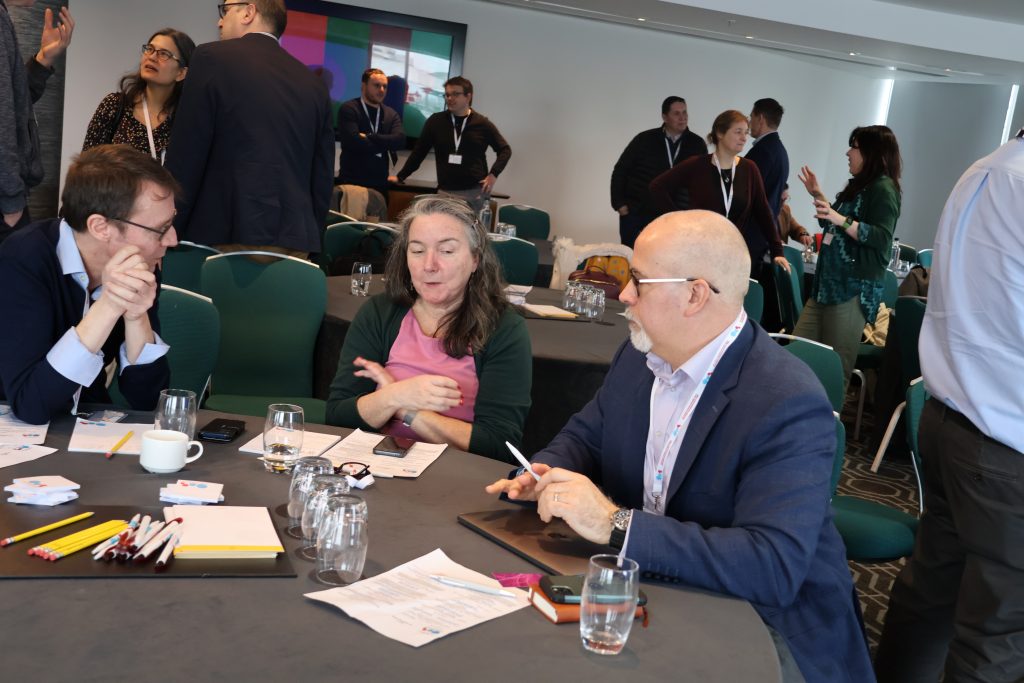
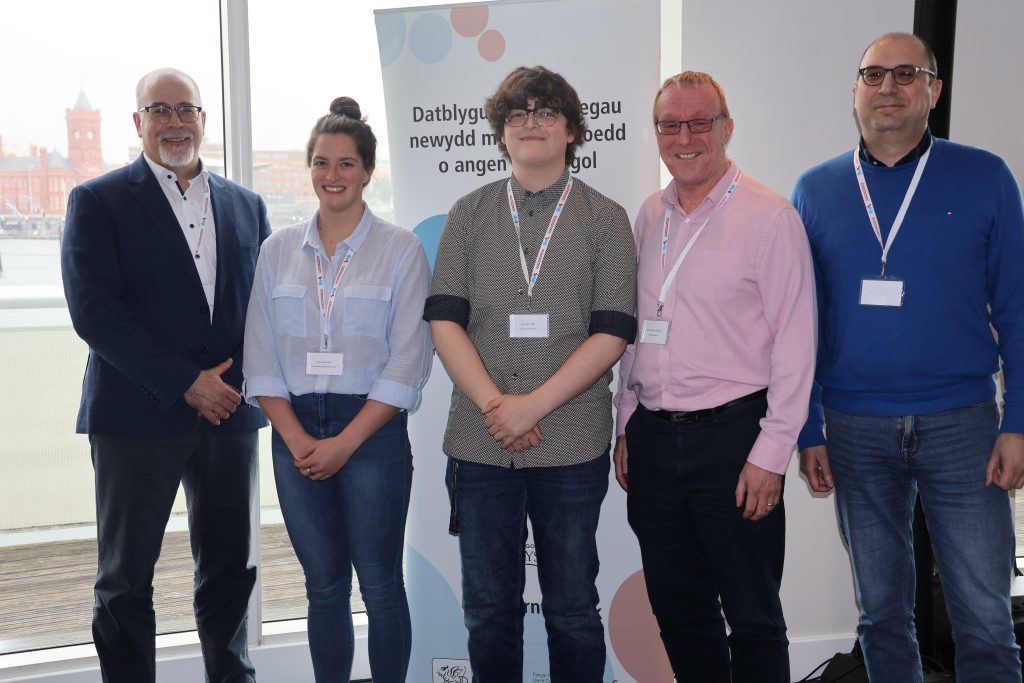
Two of the poster winners with the judges.
